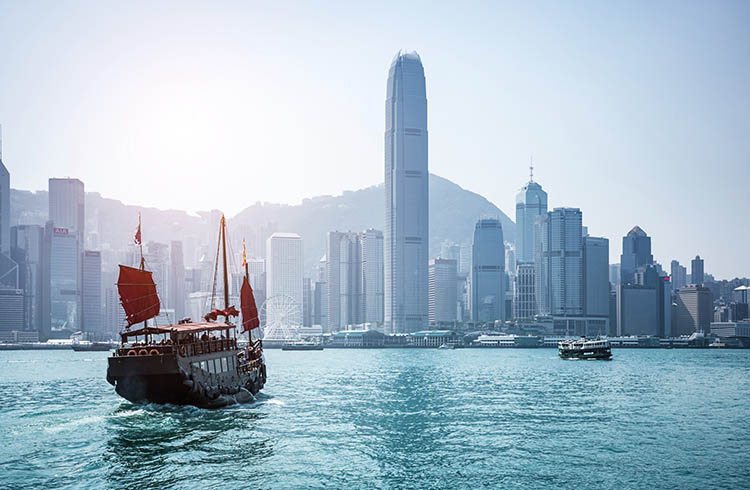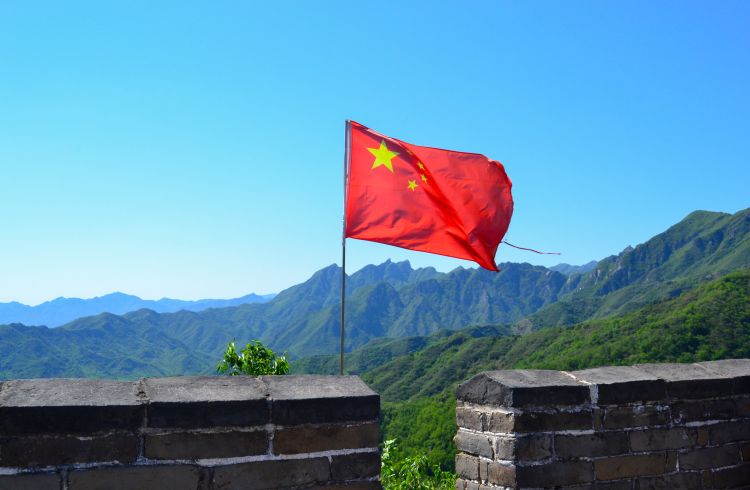Hong Kong Travel Alerts and Warnings
How are coronavirus (COVID-19) restrictions affecting travel to Hong Kong? Read the latest travel warnings and alerts.
 Photo © Getty Images / spreephoto.de
Photo © Getty Images / spreephoto.de
Coronavirus (COVID-19) travel restrictions in Hong Kong – updated 28 June 2021
From midnight on 28 June 2021, the UK will move onto the Hong Kong SAR government’s list of “very high risk” places. Travelers from these places will then be subject to 21 days of compulsory quarantine at a designated quarantine hotel on arrival, followed by 7 days of self-monitoring. You should check the Hong Kong SAR government’s website for important details about the documents required.
All passengers entering Hong Kong, including residents, must take a COVID-19 test upon arrival, and undergo 14 days of mandatory quarantine.
Non-Hong Kong residents will be denied entry if they have been to any overseas country/territory outside mainland China, Macao or Taiwan in the past 14 days.
For the latest information on who can enter Hong Kong, read Hong Kong's inbound traveler FAQs to find out about quarantine and restrictions to expect upon arrival.
Ongoing protests and civil unrest in Hong Kong – 2019 to present
Protests are ongoing in Hong Kong. Check with local media for advice on expected demonstrations. These may occur at any time but especially at weekends and public holidays.
Stay away from crowds of demonstrators. Be aware of disruption to your travel plans or expect significant traffic delays if protests or demonstrations are happening. Check the MTR website for advice on station closures.
While protests may occur all over the city, this map details where they have occurred in the past and serves as an indication of where they may occur in the future. Use it to plan your journey and avoid potential trouble spots.
Previous travel alerts for Hong Kong
Political Protests - August 13, 2019
Large groups of demonstrators have caused disruptions at Hong Kong International Airport for the second day in a row. Hundreds of flights have been canceled, and protests are likely to continue. If you have a flight scheduled into or out of the airport, contact your travel agent or airline to check on the status before leaving for the airport.
Protests have been occurring throughout Hong Kong since June, in reaction to a proposed bill that would allow mainland China to extradite suspected criminals. While the demonstrations have been largely peaceful, some have turned violent. Travelers should stay alert, be flexible with their plans, and monitor the situation via social media and local news. Steer clear of protests to avoid being caught in skirmishes or inhaling tear gas, and be prepared for transit disruptions or traffic delays. You might also avoid wearing black or white T-shirts, which are associated with protestors and counter-protestors.
Typhoon Mawar - September 2017
Typhoon Mawar made landfall in southern China on the night of 3 September, and although weakening is moving closer to Hong Kong.
Officials have issued a No. 3 signal and are warning of wind gusts exceeding 100 kmh and heavy rain on Monday.
If you are in Hong Kong, you are advised to follow the instructions of local authorities, particularly to stay indoors away from windows.
Here is a list of typhoon shelters provided by the government. The number for help from police, fire, and ambulance is 999.
Typhoon Hato - August 2017
Hong Kong is bracing for one of the strongest typhoons in two decades to sweep over the region.
Schools and businesses are closed and hundreds of flights have been affected by cancellation or long delay.
Related articles
Simple and flexible travel insurance
You can buy at home or while traveling, and claim online from anywhere in the world. With 150+ adventure activities covered and 24/7 emergency assistance.
Get a quote
No Comments